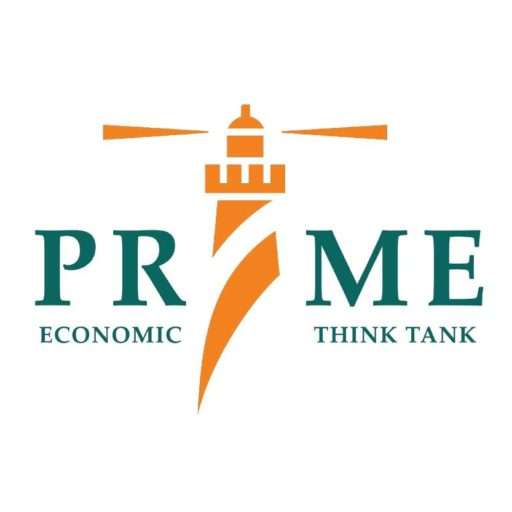Liberalize and integrate:
EAG outlines its vision of a new auto policy
Transformation of the Auto Industry needed from protection and indigenization to liberalization and integration

The independent Economic Advisory Group (EAG) convened detailed deliberations to assay the outcome of contemporary automotive development policy, and the initiatives proposed in the Finance Bill 2021-22. It observed that prevalent policies do not present a path for transformation for the sector to either meet the needs of the domestic consumer or become globally competitive. Specifically, these fall short at both providing a mechanism to bring down prices on sustainable basis and ensuring development of Pakistan’s industrial capabilities necessary for competing in international markets.
EAG observes that the incentive structure in place is not designed to leverage the country’s latent comparative advantage. This is precisely the reason why, despite decades of protection, the industry has failed to become competitive internationally. Instead, a more efficacious policy would focus on exploiting Pakistan’s inherent latent comparative advantage, which would incentivise greater concentration of resources in segments of auto-industry supply chain where Pakistan has necessary capabilities to compete globally. For example, although by no means guaranteed, an auto-policy which moves away from specializing in the end-product (e.g. assembly) and, instead, focuses on subsectors where comparative advantage is more probable is better suited for achieving policymakers’ objectives – consumer welfare and increase in industrial capabilities.
The auto industry has received protection from government for more than three decades without robust analysis of requisite pre-conditions, which has been standard practice in most trading blocs (e.g. EU) for several decades. For instance, researchers use empirical efficiency tests like the Mill test and Bastable test, and analyse of the welfare implications of the incentive structure to objectively measure the impact of protectionist measures in place. On both these measures, the auto industry and, implicitly, auto-policies fail. This relaxed approach to providing incentives at the expense of consumer explains why the industry continues to struggle at achieving the economies of scale necessary for competing globally.
The efficacy of any policy is contingent upon prudent allocation of resources. EAG argues that the prevailing policies have allocated country’s resources in production activities where Pakistan has an inherent disadvantage. The 1.8 million people currently employed throughout the supply chain could be reemployed across activities where Pakistan enjoys a latent comparative advantage. The misuse of resources remains the least appreciated point and EAG wishes to bring it to policymakers’ attention.
The evolution of trade has prompted countries to realize comparative advantage, cars made in Germany compete with cars made in Japan, and specialize in the stages of supply chain, it is impossible to say where a car is manufactured. Data shows we are likely to have a comparative advantage in auto-parts and two/three wheel automobiles, and for which, there are significant primary/secondary markets in Africa and Asia.
The EAG proposes that the upcoming auto policy should promote integration of domestic parts manufacturers with global value chains through two actions. First, liberalization of trade regime to give market access to international automobile manufacturers in exchange for integrating domestic parts manufacturers in their value chains. Second, identify and engage with key auto markets across the world with the aim to reduce frictions to cross border trade and provide certainty to international auto players vis-a-vis operating their supply chains from Pakistan.
Policy should focus on securing access to African and Asian markets to expand exports to primary/secondary markets, which can be accomplished through actively seeking FTAs with African Union, RCEP, and Central Asian countries.
Investment in the enhancement of domestic capabilities for the expansion of potential areas of comparative advantage should be the central stage of transformation. First, businesses need to be incentivized to invest in research and development and produce new products. Second, coordination between relevant business associations, domestic manufacturers, and global players is needed for the standardization of both products and production processes.
Furthermore, it is imperative to identify emerging skills’ requirements and liaise with engineering universities and NAVTTC to ensure appropriate intervention at the earlier stage.
EAG has also made available a presentation on auto-sector reforms on PRIME’s website with the aim to present an alternate set of policies than what is being currently proposed.
The Economic Advisory Group is an independent group of individuals from economics, policy and the private sector that deliberates regularly on economic developments and shares its views with the government and the public. It is supported by PRIME, an independent think tank.
Click below to read the complete presentation:
For media inquiries, please contact Afzal Khan at afzal@primeinstitute.org or 0333-0588885.


